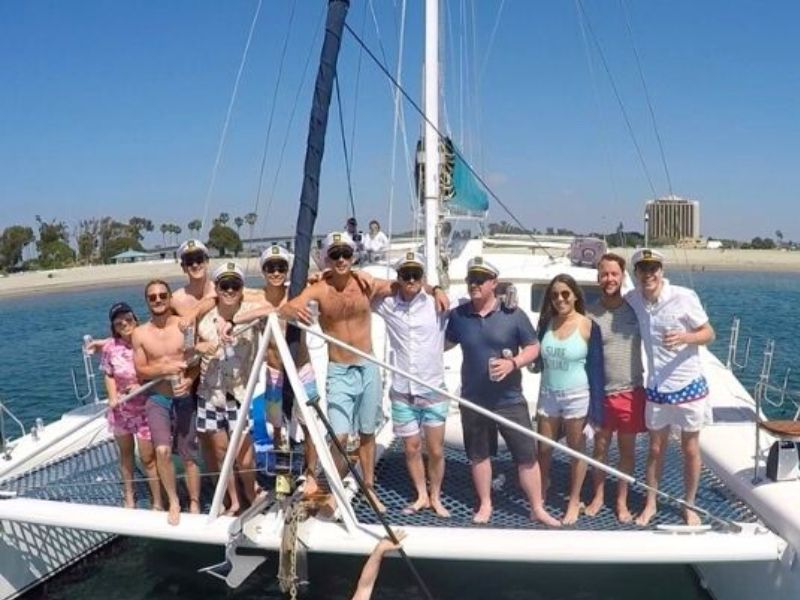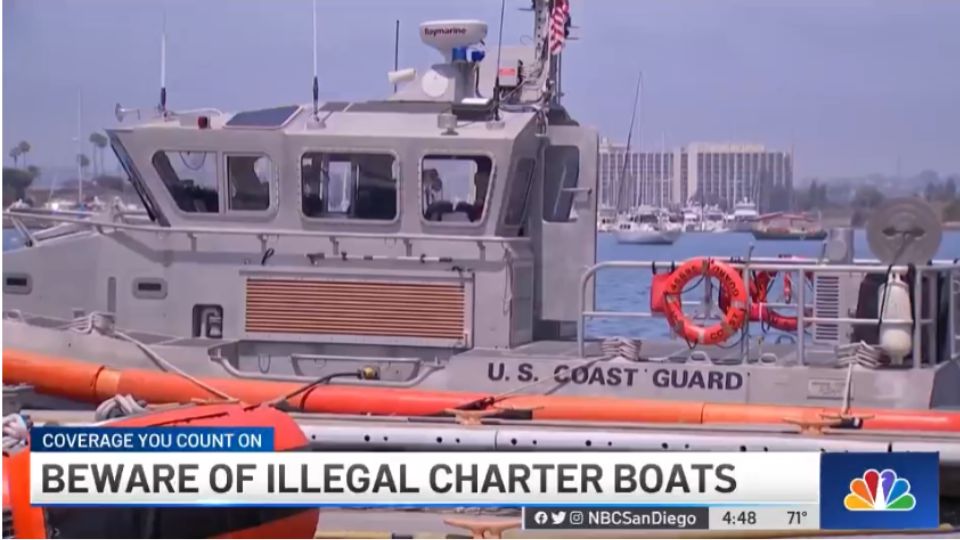
The recent California boating restrictions known as the California Air Resources Board (CARB) regulations have significant implications for boat rental operators in San Diego. These regulations, which aim to reduce emissions and improve air quality in the state, apply to both recreational and commercial boats with engines of 30 horsepower or more. As a result, boat rental operators in San Diego will need to make significant changes to their fleets in order to comply with the new regulations and continue to operate in California waters.
Here’s the problem. The cost of replacing older boats and engines can be substantial for boat rental operators in San Diego. This can be a major financial burden for rental operators, as they may not have the necessary experience or expertise to navigate the complex boat rental regulations and ensure compliance. Many rental operators may not have the financial resources to replace their entire fleet at once, which could force them to phase in the changes over time.
The main goals of the CARB regulations are to reduce emissions of smog-forming pollutants, such as nitrogen oxides (NOx) and particulate matter (PM). These pollutants can have negative effects on human health and the environment, and are particularly problematic in areas with high levels of boat traffic, such as the California coast. The regulations include limits on the types of engines that can be used, as well as requirements for regular emissions testing and maintenance. For boat rental operators in San Diego, this means that many of the older boats in their fleets will need to be replaced with newer, low-emitting engines.

The use of alternative fuels, such as electric or hybrid engines, is also encouraged under the CARB regulations. While this may be a more eco-friendly option, it can also be more expensive for boat rental operators. Electric and hybrid engines can be more expensive to purchase and maintain than traditional gasoline engines, and there may also be additional costs associated with charging or refueling the boats.
In addition to the engine requirements, the CARB boat rental regulations also include provisions for the use of low-emitting propellers and exhaust systems. This can also be costly for boat rental operators, as they may need to replace or retrofit existing propellers and exhaust systems. These additional costs may also be passed on to customers in the form of higher rental fees.
Boat rental operators in San Diego may also be impacted by the regular emissions testing and maintenance requirements outlined in the CARB regulations. These requirements can add significant costs to the operation of a rental fleet, as boats will need to be taken out of service for testing and maintenance on a regular basis, leading to lost revenue and reduced availability of boats for customers.
One way rental operators can comply with these regulations is by switching to electric or hybrid boats, which emit zero pollutants and are more environmentally friendly. The operators can leverage it as a selling point to attract customers who are environmentally conscious and are willing to pay a premium for eco-friendly options. Not only are Electric and hybrid engines becoming more prevalent in the boating industry, but they are also expected to become more affordable in the future. This can help rental operators reduce their operating costs by reducing the need for fuel, and also by reducing the maintenance costs associated with traditional gasoline engines.
Another solution is to switch to low-emitting engines that run on cleaner fuels like propane or natural gas, which emit lower levels of pollutants compared to traditional gasoline engines. Yes, it’s a real pain in the butt to switch engines on your boat, but let’s look at the bright side – it’s better for our future.
